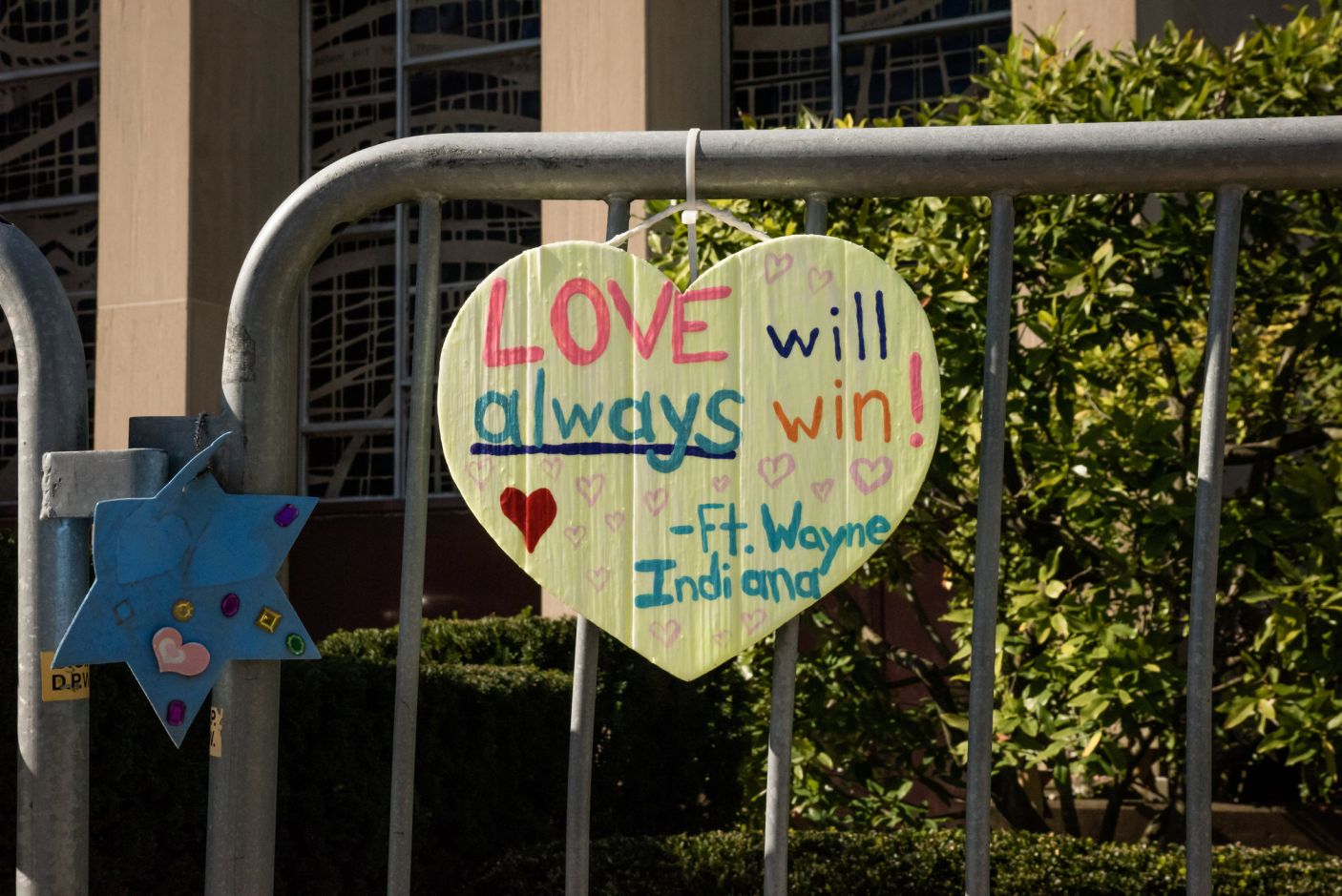
“Yes, this is a horrible incident in our history we should never forget,” says Jeff Finkelstein, CEO of the Jewish Federation of Greater Pittsburgh, “but it’s the response to that moment that is the only thing that should define us.”
The horrible incident referred to is the shooting at the Tree of Life Synagogue in Squirrel Hill, Pittsburgh where one year ago, eleven Jewish worshippers were tragically gunned down by a white supremacist. Mr. Finkelstein credits deep interfaith relationships and ties, particularly with the local Muslim and Jewish communities, which helped in the aftermath. “It’s related to the outpouring of love and support, says Mr. Finkelstein. “For years we had been developing ties with Muslims and Christian communities, so it was natural that they were there for us as we have been there for them.”
Wasi Mohamed, formerly of the Islamic Center of Pittsburgh (the city’s largest mosque), initially raised $70,000 for the victims and when he announced this, the speech went viral resulting in more than $168,000 in additional funds raised. “There’s a feeling of powerlessness when something like this happens in your city,” Mr. Mohamed explains in a “60 Minutes” interview. “We understand this more so than a lot of communities do, unfortunately. We can understand this pain and the fear of lack of security.”
Haaretz reports that “the work of helping victim families and grappling with the impossible task of moving on during the past year [is] already being seen as a model for other American communities that are trying to organize after trauma, particularly in this age of mass shootings. Most recently, local Jewish community members traveled to El Paso, site of one of the deadliest anti-Latino attacks in America.”
Sara Stock Mayo, a local activist with Bend the Arc, a Jewish social justice group, remarks on the support: “When you have the chance to see the best in people, it amplifies hope.”



